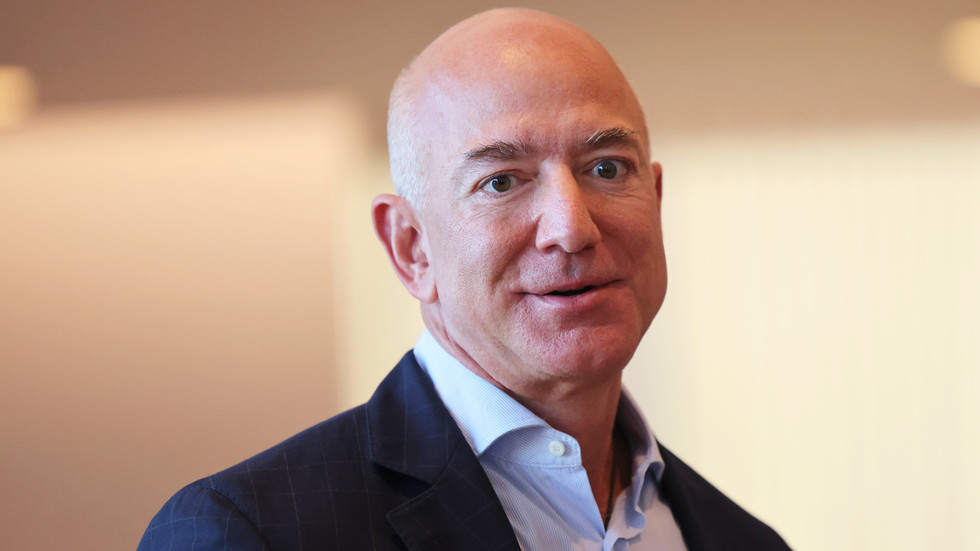In a surprising move, Amazon, the online retail giant, announced its intention to donate $1 million to the inaugural fund of President-elect Donald Trump, marking a significant gesture by CEO Jeff Bezos. This decision has been interpreted as a peace offering, especially given the history of the Washington Post, which Bezos has owned since 2013. The publication has been one of Trump’s most vocal critics throughout his presidency. Sources have indicated that this donation will be made through Amazon and that the company plans to stream Trump’s inauguration via its Prime Video service, signifying an additional in-kind contribution worth approximately $1 million. Furthermore, Bezos is scheduled to meet with Trump at his Mar-a-Lago resort shortly after the inauguration.
The context surrounding Bezos’ donation is notable, particularly considering that Bezos is one of the wealthiest individuals globally, with an estimated net worth of around $250 billion. Consequently, the $1 million contribution is perceived more as a symbolic gesture rather than a substantial financial commitment. Earlier in the year, Bezos seemed to begin distancing himself from his prior unflinching support for the Democratic Party. Notably, he praised Trump’s demeanor during times of crisis following an assassination attempt in July and even retracted the Washington Post’s endorsement of Vice President Kamala Harris, which sparked controversy among staff and readers.
In a parallel development, Meta CEO Mark Zuckerberg has also pledged $1 million to Trump’s inaugural fund, a move regarded as an effort to reconcile after making significant contributions—over $400 million—to Democratic causes and initiatives. Zuckerberg’s recent visit to Mar-a-Lago and subsequent dinner with Trump was viewed as an overture of goodwill. This dynamic showcases how tech leaders are navigating their political affiliations, especially after banning Trump from major social media platforms following the Capitol riot on January 6, 2021. Such donations are interestingly unrestricted regarding amounts but must be disclosed to the Federal Elections Commission, underlining the need for transparency in these financial gestures.
Bezos further commented on Trump at a New York Times-hosted event, expressing a desire to engage with Trump regarding his views on the media. He portrayed Trump in a more positive light than before, indicating his belief that Trump appeared calmer and more settled compared to his first term. This could suggest that Bezos sees potential for dialogue and understanding between himself and Trump amidst the contentious climate that has characterized their previous interactions. This willingness to engage with Trump could signal a softening in tensions and may represent a broader strategy among tech leaders to maintain influence and accessibility with the new administration.
Elon Musk, the owner of SpaceX and a prominent figure in the tech landscape, has also positioned himself as one of Trump’s staunchest supporters. Musk’s acquisition of Twitter in 2022 was part of a broader strategy to reduce content censorship, which resonated with Trump’s base. His endorsement of Trump, coupled with substantial financial support for Trump’s re-election efforts—estimated to be around $200 million—further exemplifies the shifting allegiances within the tech industry as leaders seek to align themselves with political power in light of significant changes in the political landscape.
In conclusion, the donations from Bezos and Zuckerberg to Trump’s inaugural fund reflect a significant shift in the relationship between major tech figures and political leadership in the United States. While these contributions symbolize a desire for reconciliation and influence, they also highlight the complexities of modern political affiliations. As these tech moguls navigate their positions in a polarized environment, their actions may set the stage for new alliances and political engagements in the coming years. The evolving dynamics of power, influence, and financial contributions in politics signify an intriguing chapter in both tech and political intersections.

